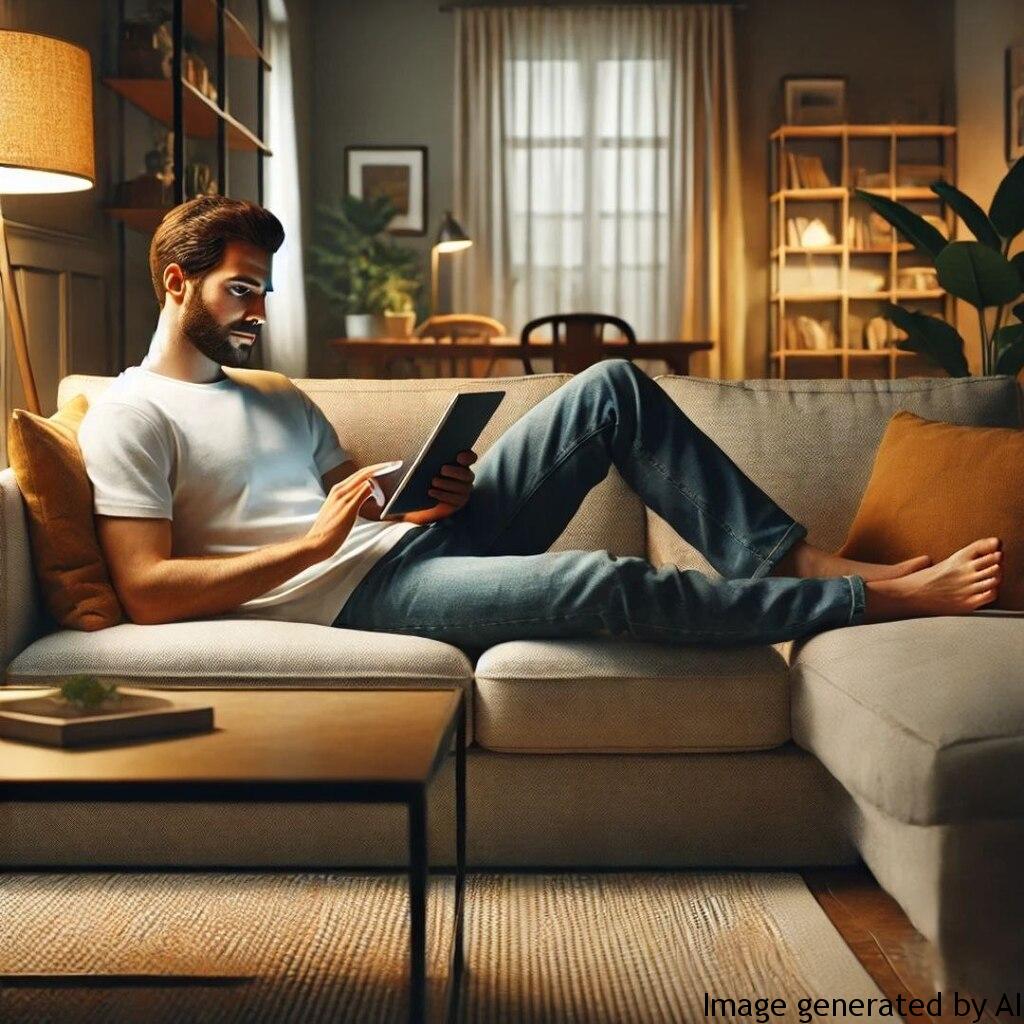Introduction
In the modern era, gadgets and social media have become an integral part of our lives, influencing most aspects of our day-to-day interactions and activities. This influence goes past basic communication to affect many aspects of human life, including sexual health and patterns of libido. Numerous studies have started shedding light on how the prolonged usage of gadgets and social media can impact one’s libido and overall psychosocial well-being with a discernible effect on gender expectations, particularly for men.
Gender Expectations and Their Impact on Men’s Psychological Health
Gender expectations and roles, largely upheld by society, have a significant impact on the psychological health of men. In the modern digital age, the influence of these norms may be even more potent due to the omnipresence of social media.
Body Image Perception
Social media platforms often depict men with ideals of a perfect body that are sometimes impossible to achieve, contributing to negative self-image which can negatively impact mental health, and consequently, libido.
Pressure to Perform
Various social platforms sometimes unknowingly perpetuate the stereotype of men as sexual performers, placing unrealistic expectations on men, which can contribute to performance anxiety, negatively affecting libido and overall mental health.
Interaction and Isolation
Digital communication sometimes deprives men of face-to-face interactions, leading to feelings of social isolation, which can also dampen libido and contribute to depression and anxiety.
How Gender Roles Can Influence Men’s Lives
These gender expectations on social media can infiltrate every aspect of a man’s life. Unhealthy body image perceptions can lead men to engage in drastic measures like over-exercising, harmful diets, and even substance abuse. The pressure to perform sexually can induce stress, potential erectile issues, and lowered self-esteem in the long term, significantly inhibiting a man’s libido. The prevalence of digital communication over physical engagement can also foster feelings of loneliness which further dampens the libido.
Tips for Improving Psychological Health Considering Gender Roles
Maintaining psychological health in today’s digital age demands awareness and active countermeasures.
Limiting Screen Time
Reducing the time spent on gadgets and social media can decrease exposure to harmful expectations and improve the quality of face-to-face interactions.
Practicing Self-acceptance
Accepting one’s physical self and focusing on health rather than appearance can combat negative self-image.
Seeking Support
Reaching out to trusted friends, family members, or mental health professionals can help alleviate feelings of social isolation and the pressure to conform to societal norms.
Conclusion
The prolonged use of gadgets and social media has a noticeable impact on libido, significantly influenced by the perpetuation of gender roles and expectations. Men, in particular, could be subjected to various pressures, leading to a negative impact on their psychological health. Therefore, it is of utmost importance to be aware of these influences and take steps to counteract their potentially harmful effects. Continuing the conversation around these themes is a big step towards achieving better mental and sexual health across the genders.

